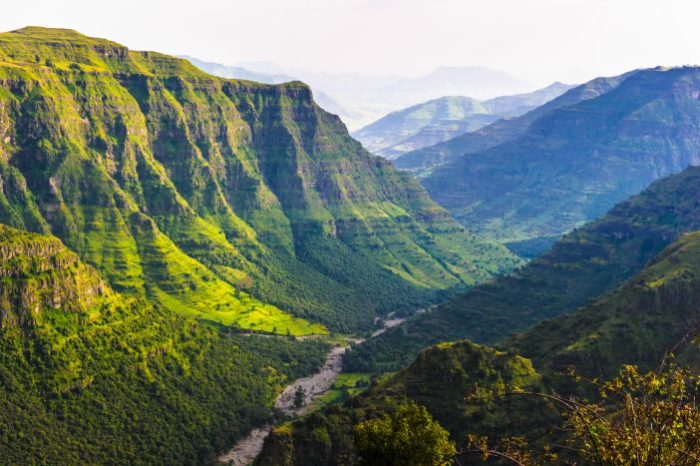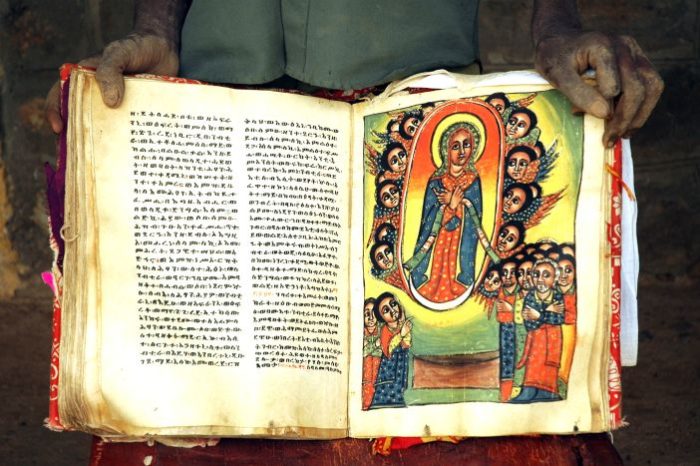Ancient obilisks and unique culture, Afro-Alpine highlands to one of the lowest and driest places on the planet...
Ethiopia is unique in many ways, not least in its remarkable number and variety of ancient monuments, both Christian and secular. Thanks to its location on the Roman Empire trade route to the south, the civilisation that became Ethiopia was one of the first to adopt Christianity, back in the time of Constantine (around the 4th century). Here in Ethiopia 12th century rock-hewn churches are in daily use. And 17th century castles are only recent history.
But this isn't a country resting on its past. Ethiopia is a major hub for flight connections to the rest of Africa. Around Lalibela and Gondar, interesting small hotels have opened and others are being updated. Good domestic flight connections are replacing the pot-holed road journeys. So if you have held back for lack of infrastructure, this could be the time to act.
Ethiopia is blessed with extensive natural variety and beauty. The Great Rift Valley cuts through Ethiopia and creates a string of lakes towards the south. As you head down into the valley, you get to the depths of the Danakil depression in the Afar. This is actually 125 metres below sea level. This contrasts with the peaks of the Simien Mountains at 4,533m. In the Danakil the temperature can reach 50°C. Whilst elsewhere snow is not uncommon in the Simien or Bale highlands! In between, the weather is mild and sometimes wet. This results in a green and lush landscape through much of the country.
Ethiopia is a very peaceful destination with so much to offer the traveller. An Ethiopia holiday could include the mysterious rock-cut churches of Lalibela, the enigmatic Stele park of Axum or the timeless Lake Monasteries of Lake Tana. You may like to hike in the Simien Mountains. Here you experience the dizzy heights of the Rift Valley Mountains with views of the valley 1500 m below.

Religion is very much part of everyday life in Ethiopia. The Orthodox Church (dating from the 4th century) was established in the north. But in the south some tribes still follow their traditional beliefs. In the west, the Islamic faith is predominant.
Coffee is an important export for Ethiopia. Everywhere you can participate in traditional coffee ceremonies, involving much smoke and incense, performed in restaurants and at the roadside stalls.
If you want to see the natural beauty of Ethiopia and its history, then our Northern Ethiopia History & Scenery offers both. This has the perfect combination of Ethiopia’s varied scenery as well as its famous churches and monasteries.

These are some of the best rated places to visit in Ethiopia based on popularity and experience rating by our travelers
We arrange trips to more than 100+ destinations throughout the African continent.